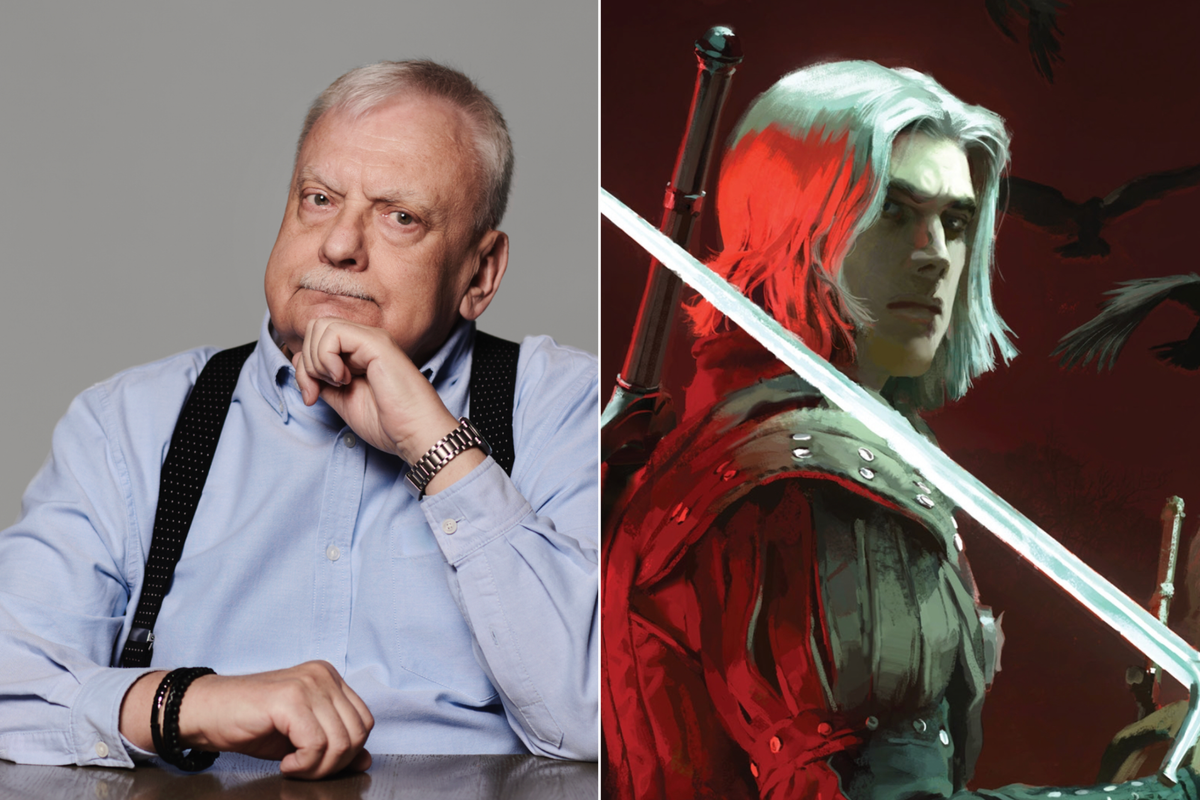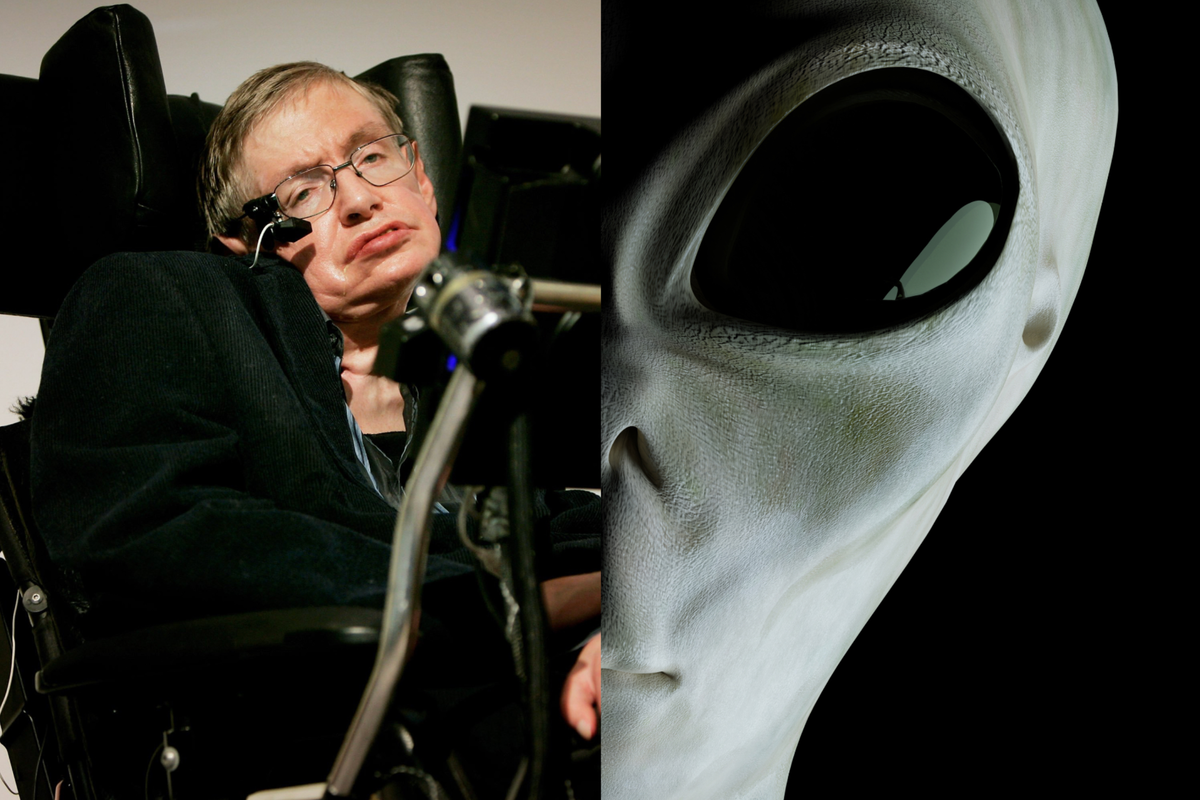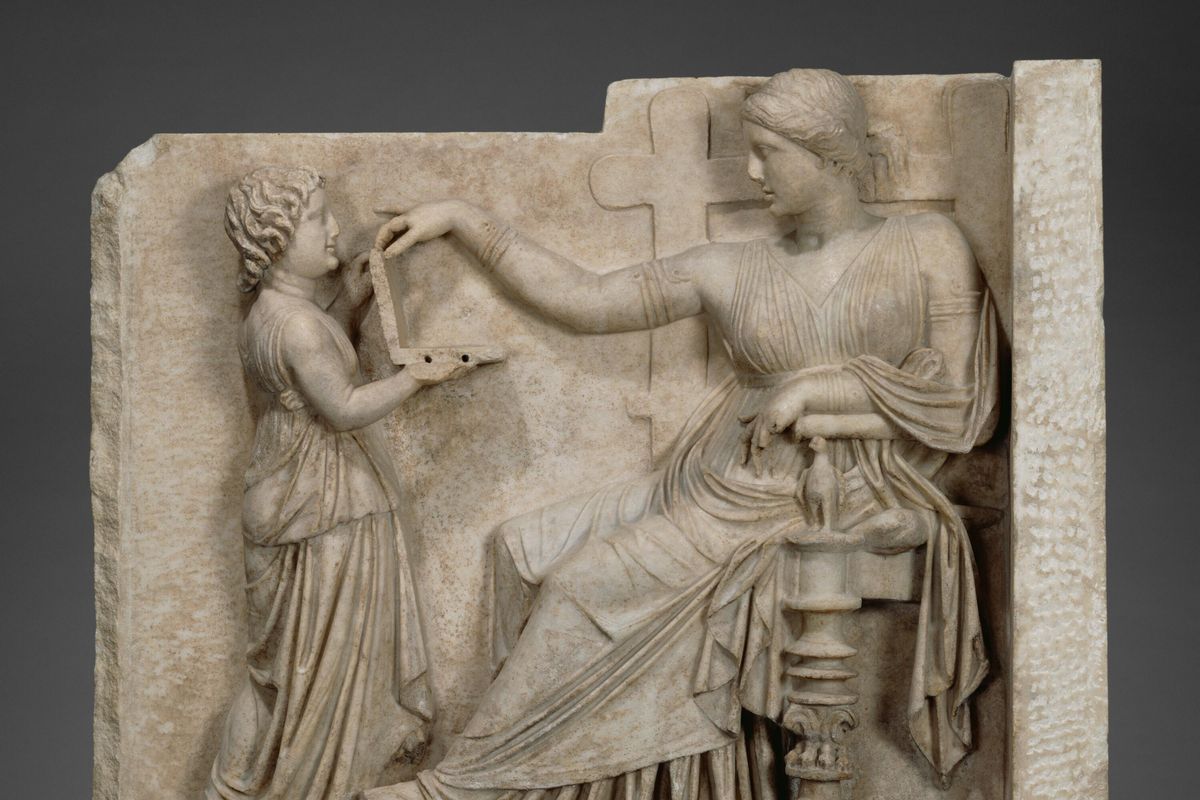News
Narjas Zatat
Mar 08, 2018
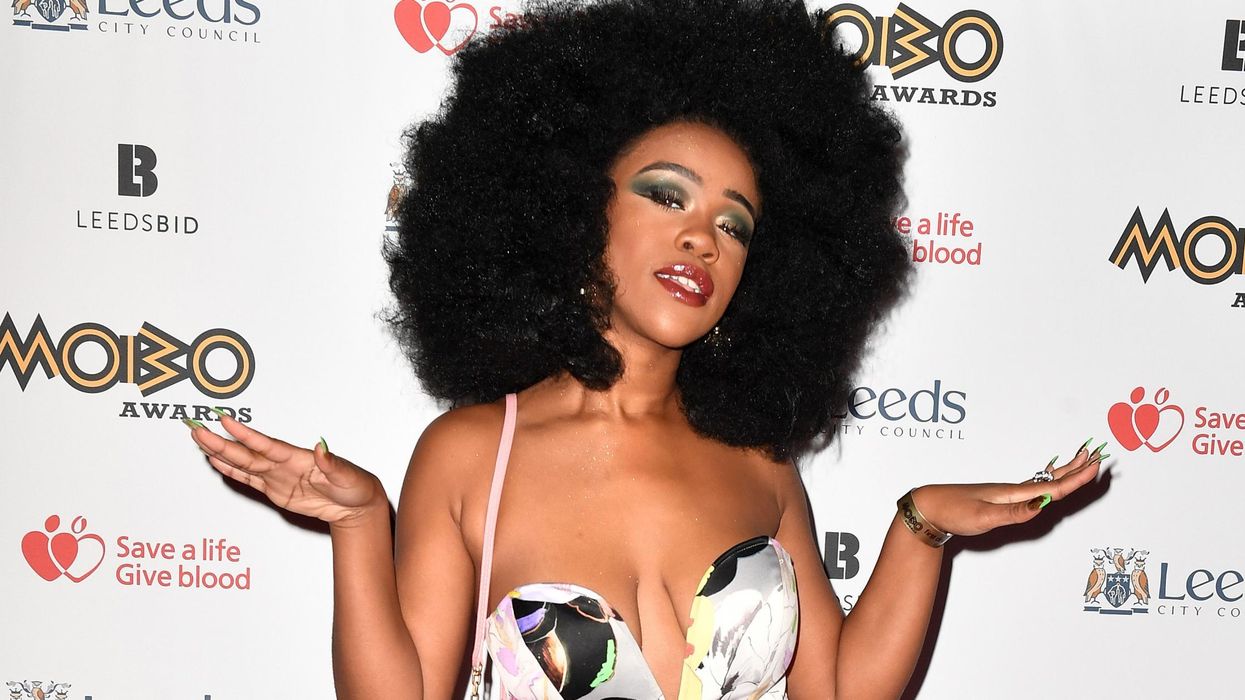
Picture:
Getty Images / Anthony Devlin / Stringer
Chidera Eggerue, 'The Slum Flower', is a 23-year-old award-winning blogger who launched the #SaggyBoobsMatter movement as a way to reject mainstream beauty standards and encourage women of all shapes and sizes to view their bodies with positivity.
The movement has swept across the internet, and indy100 spoke to Chidera about her journey, why she no longer wears a bra, and unrealistic beauty standards in the west.
Tell us about #SaggyBoobsMatter. Why did you start it?
I just got tired of disliking my body.
As a young teenager, I used to compare my body to other women’s bodies especially when going bra shopping. I’d realise they didn't fit the way they looked on the packaging.
That was when I realised I'd developed a complex. I would look at my body and feel that my body was wrong. I thought I looked like an old woman because of the way my boobs were saggy.
When I was 19, I decided to stop wearing a bra altogether.
I thought, 'It’s really uncomfortable to wear a bra. So I’m just going to stop.'
That’s brave. What did people say?
People’s responses were very horrible. People were like, ‘Your nipples are showing through your shirt. Maybe you shouldn’t do that.' Or, ‘Don’t you think that’s a bit vulgar?’
It’s funny how the attitude has changed now. The same people who have stopped wearing bras now are the same people who were condemning me for not wearing a bra [back then].
Now I’m 23 and I’ve become a lot more comfortable with my body and accepted that this is the youngest my body is going to look, and if we’re attaching our body to youth, which is how women are taught to view their beauty, I might as well be happy with how I look.
Now that I’ve reached this position of comfort, I’d much rather help other women reach that. It literally costs nothing to encourage someone to be more comfortable with themselves when you use yourself as an example.
If you’re feeling uncomfortable in your body, there’s someone who looks like you.
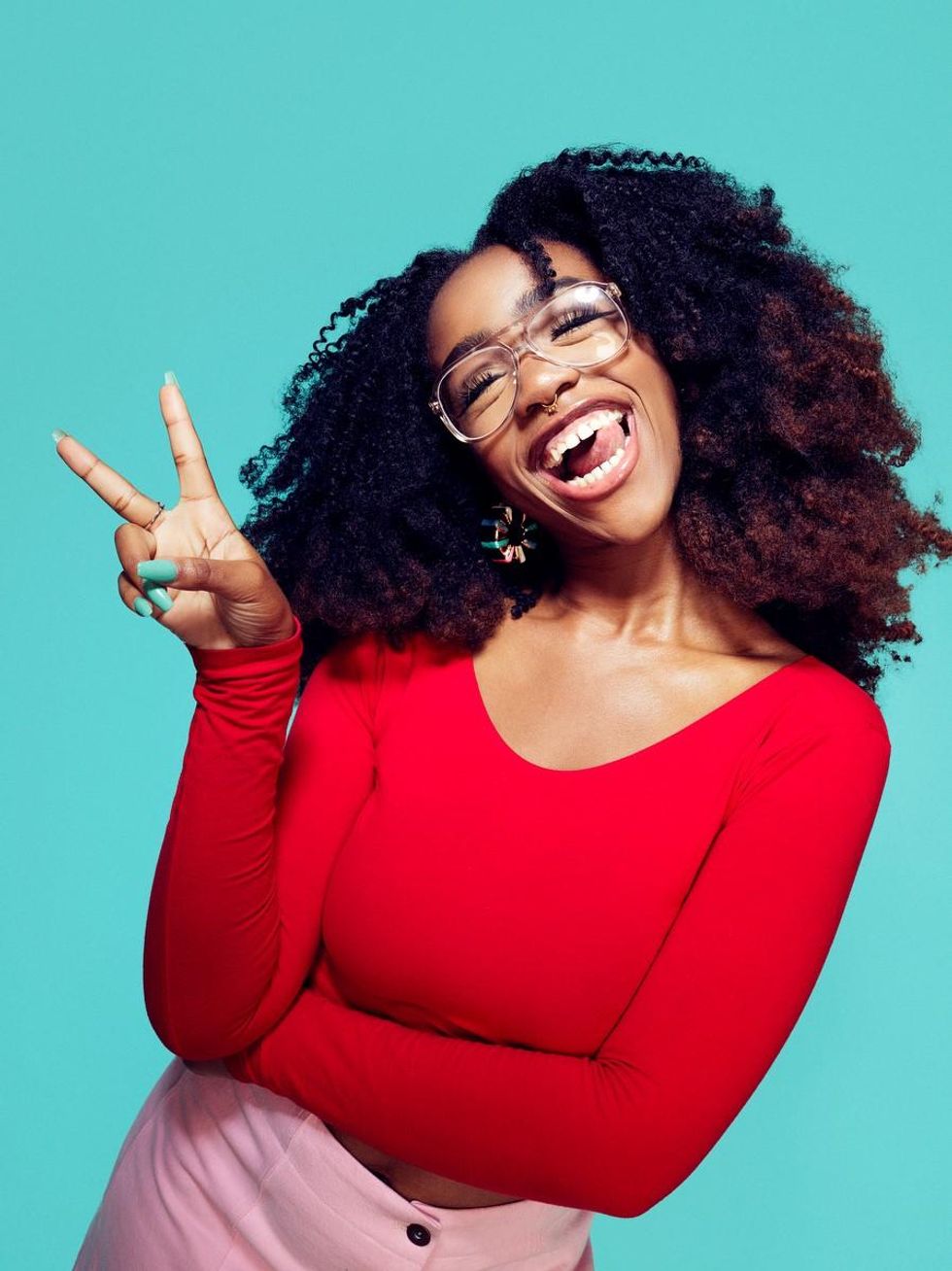
As much as body positivity movements are dominated by women who are ‘fat’ – and that is genuinely justifiable, because they do receive the most abuse out of the majority of body type – having saggy boobs is something that can happen to any woman of any body type. You can be skinny and young – like 50-years-old – and have saggy boobs. It’s more about having that conversation with women across a wide reach of backgrounds. That’s why the conversation is so important – so many people feel included and represented.
What are your thoughts about patriarchy and the way women and men view the female form?
The way we think about women’s bodies is centring the male gaze. Everything we do revolves around how desirable we are to them. Women are taught the more desired they are by men, the more valuable they are as people.
Women are taught their bodies are here to be consumed rather than be lived in, and so that’s why everything that a woman does about her body somehow centres men.
Even the topic of saggy boobs matter is something that is… seen as radical. It’s a shame that accepting [ourselves] is something that’s radical.
Saggy Boobs Matter is something that goes against the commandments of patriarchy.
To celebrate a body part that looks like it’s ageing is something that’s anti-patriarchal.
This movement completely de-centres men. It’s not about them.
What kind of responses have you had from women?
The breast-feeding mothers that have messaged me [have been] so lovely. They’ve said: ‘Thank you so much for this movement. I really hated my body when I had my first child.'
Wow. It’s so sad that such a beautiful process is something women are dreading.
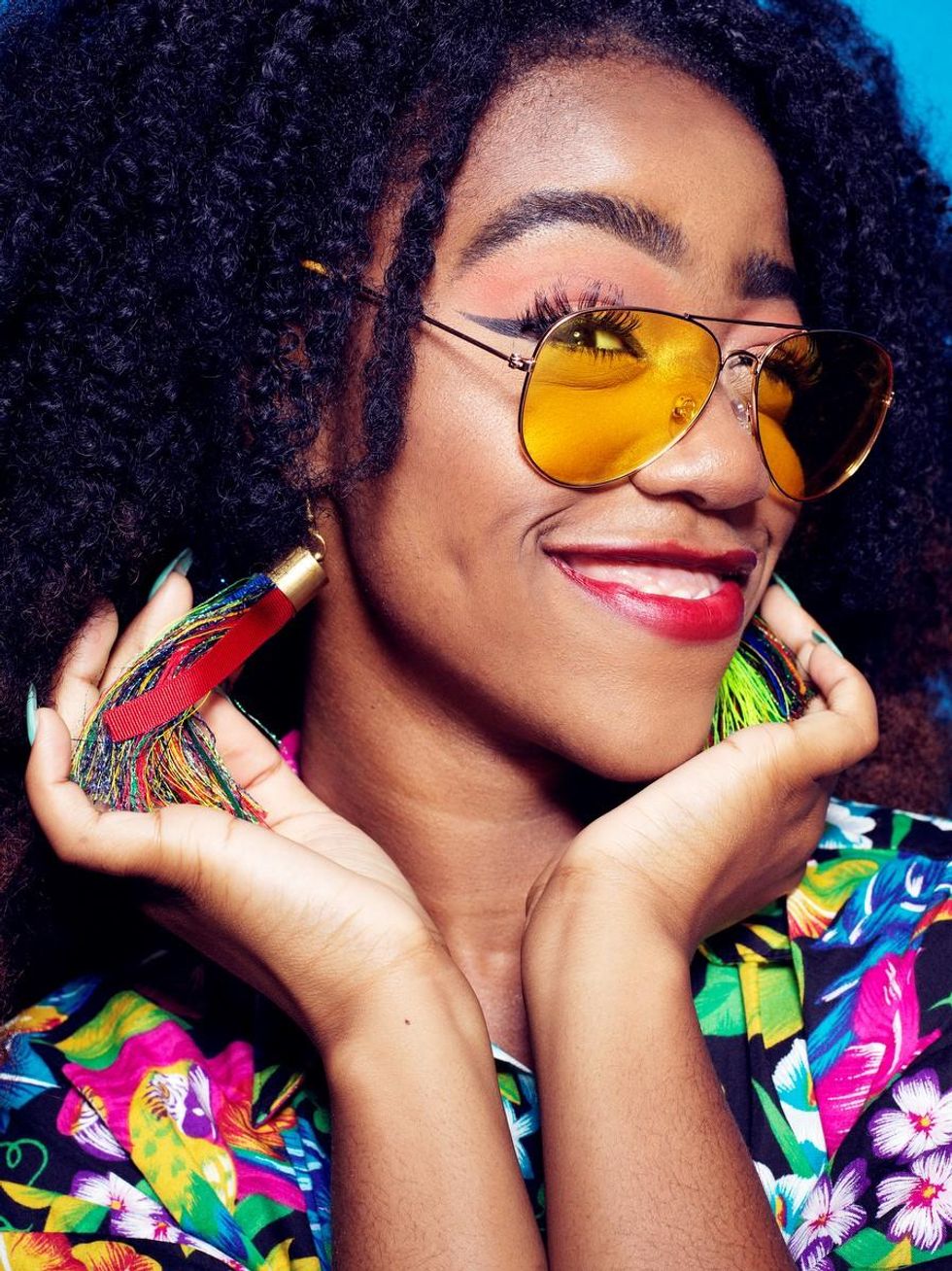
The only person who actually can have an opinion about your boobs is a new born baby. For real, a new born baby: whether the baby can reach the nipple or not. Everything else is nobody else’s problem.
I’ve also had really young teenagers message me and tell me that them coming across the movement has actually stopped them from attending a consultation that they were going to attend regarding plastic surgery.
There must have also been some challenging interactions you’ve had with people about this?
It’s the ones that you love who won’t get it or won’t support you. My biggest challenge hasn’t even been to win people over.
My biggest challenge has been my own mother.
She was raised in 1970s, Nigeria where her upbringing is extremely different. You’re taught that anything that you do that offends a man makes you a bad woman.
I am constantly in a clash between me and my mum. She has said to me she wishes I could tone down the message and not be too truthful, because it will scare away men.
If men were scared of my truth, they should probably stay away from me.
My mum was scared of how society will view me. A lot of people who tell you to hide are also hiding from themselves.
A lot of women have internalised misogyny. My mum has internalised misogyny. She’s a lovely person.
The most validating thing you can do for a child is say, ‘I was wrong. I’m sorry. I’ve learnt from what you say.'
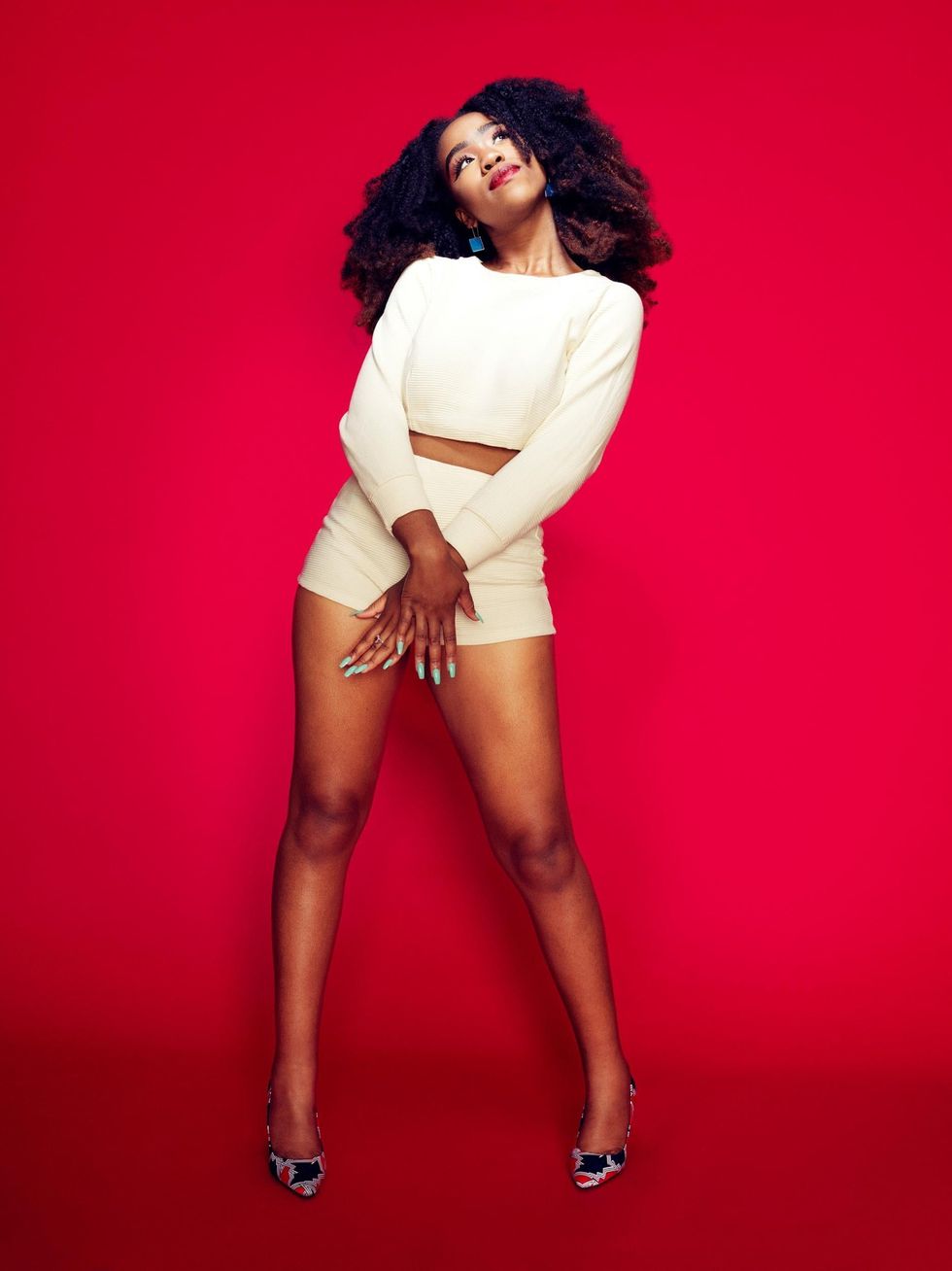
Beauty standards play a massive role in what society deems beautiful. In what way do you think beauty standards in the west and race intersect?
When it comes to beauty standards in the west, I do feel like it’s very eurocentric – and I don’t think it will change for a while.
These beauty standards definitely feed into the black community and create internalised anti-blackness – which is essentially when black people hold ideas that the darker you are the worst you are. It’s colourism.
This internalised anti-blackness changes the way we view black women.
What a Time to be Alone is the title of your new book. Why did you pick that?
I chose to name it What a Time to be Alone because I wanted to play on the phrase ‘what a time to be alive’. When you use that phrase, it’s like, ‘Oh my gosh, what a time to be alive.'
Drake has an album called What a Time to be Alive.
It’s that whole explaining how crazy life is. What a Time to te Alone is about looking at yourself as a person regardless whether you’re in a relationship, if you love or are being loved – whatever state of being you’re in.
It’s a book that encourages you to be present with yourself and what makes it different.
You can pre-order Chidera Eggerue’s book What a Time to be Alone here.
Top 100
The Conversation (0)


